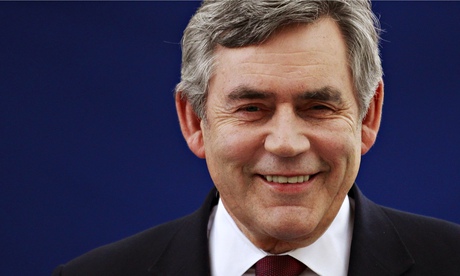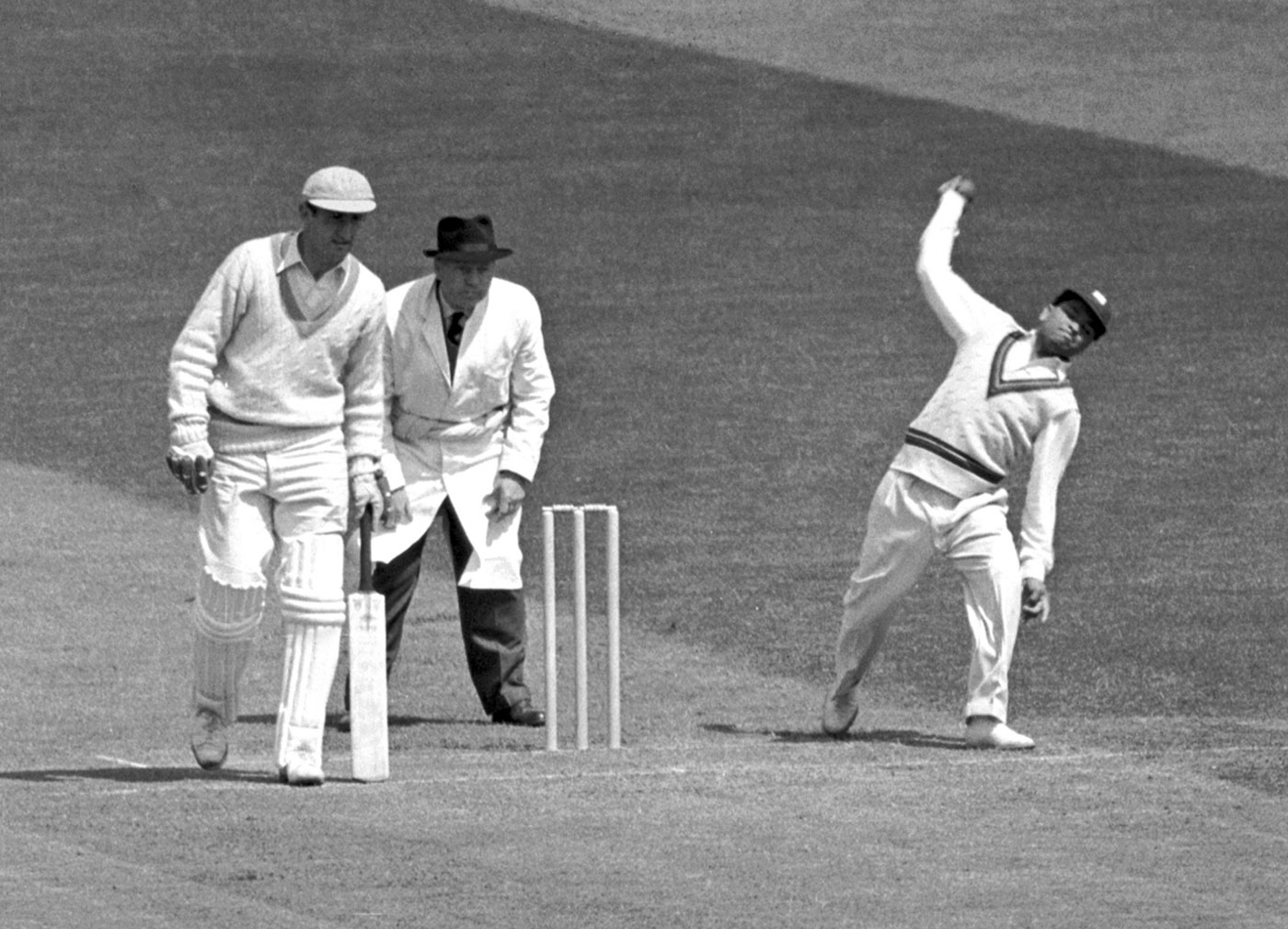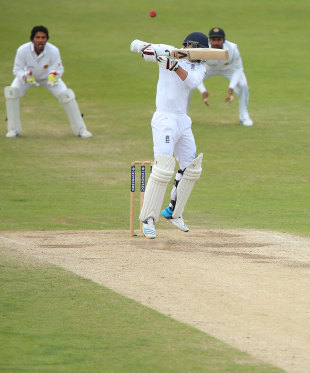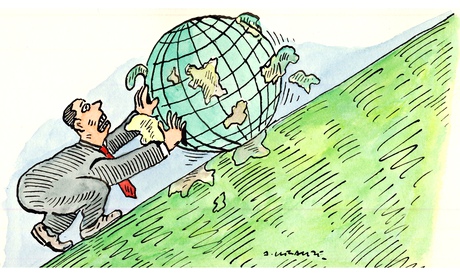Jyoti Punwani in the Hindu
Will the Muslim personal law make polygamy illegal?
When the Bhartiya Mahila Muslim Andolan started working on codifying Muslim personal law, they weren’t sure whether to ban polygamy, or make it conditional. Senior lawyers pointed out that despite bigamy being an offence, Hindu men continued to take a second wife. These women didn’t enjoy the status of a wife, whereas even the fourth wife of a Muslim man had that status.
But the final draft of the new ‘Muslim Marriage and Divorce Act’, released in Mumbai on June 18, makes polygamy illegal. How come? “That’s what Muslim women wanted,” says Noorjehan Safia Niaz, co-founder of the BMMA. “We played the Devil’s Advocate with them, asking them wasn’t a second wife necessary if the first couldn’t conceive, for example. Their reply always was: ‘No. No second wife. No woman should have to share her husband with another woman.’”
Of the seven years taken to arrive at this draft, two were spent talking to Muslim women, most of them poor, uneducated and living in ghettos. It was these women who were desperate for a change, urging the BMMA to “quickly change the law, get us justice.”
But the middle class, supposed to be the pioneer for reform, left Noorjehan disillusioned. A US-returned Muslim in Hyderabad baulked at the BMMA’s proposal to make 18 and 21 the minimum age of marriage for women and men respectively. “It should be 18 for both,” she suggested. Muslim male lawyers in Karnataka saw nothing wrong in a 13-year-old getting married as long as she had attained puberty. But in the bylanes of Bhopal, uneducated Muslim women suggested 21 and 25 instead. “Our daughters graduate at 21,” they pointed out.
“Middle class Muslims kept saying: ‘Don’t tamper too much with the shariat.’ They have well-off families and education to fall back on; the unjust decisions of qazis don’t affect them much,’’ explains Noorjehan. What kept the BMMA going was the response of poor women.
Consultations with these women were held across 10 states where the BMMA has been working, training paralegal workers as arbitrators and providing legal aid. Men would attend their public meetings, and a few would invariably object to their attire (“you are wearing a sari, you haven’t covered your head, you aren’t wearing a burqa — so you aren’t Muslim”), or to their lack of qualifications (“you are not aalims”). One man in Ranchi who objected vociferously to everything, later told Noorjehan, “I agree with everything you say, but if I don’t object, I can’t face my jamaat.” The BMMA took a decision not to consult the All India Personal Law Board and the religious organisations. “They have shown they don’t want change.”
The starting point of this long process was the condition of poor Muslim women, victims of the unIslamic and unjust decisions of maulanas and qazis. The Muslim Personal Law (Shariat) Application Act 1937 has no specific provisions to be followed, leaving every qazi free to rule as per their understanding of the Sharia. The Dissolution of Muslim Marriages Act 1939 lays down grounds on which a woman can approach the court, but few can afford to do so.
Because of this, reformists such as the late Asghar Ali Engineer campaigned for years for the need to codify Muslim personal Law as per Quranic injunctions, which grant women more rights than any other religion does. All Islamic countries have put in place modern personal laws. But in India, the move has always been resisted on three grounds: 1. The Sharia can’t be touched; it is divine. 2. It will be impossible to decide which of the four schools of Islamic jurisprudence should be followed in codification. 3. This will be the first step towards enacting a Uniform Civil Code (UCC).
As Engineer never tired of explaining, the Sharia is based on the Quran, it is not the Quran. In India, the Shariat Act was drafted and enacted by the British. The BMMA worked with Engineer on its draft, choosing to base it on the Quran itself. The draft contains verses from the Quran to back its provisions.
Thus, to decide the minimum age of marriage, the Quranic injunction of ‘maturity’ of the spouses was interpreted as emotional maturity in addition to physical. “Besides, in Islam, marriage is a contract, and a contract can only be between two adults,” says Noorjehan.
The draft makes many common practices illegal, including underage marriage; unilateral, oral and instant talaq; making the woman give up her mehr (dower) and halala, the practice by which you remarry your divorced wife only after she consummates her marriage with another man and is then divorced by him. “This has no mention in the Quran, it’s become a prostitution racket in places like Lucknow,” says Noorjehan.
Is this the right time to release this draft, given the new government’s emphasis on the UCC? “We oppose the UCC. But we also want to know, when will the right time come to get justice for women? Twenty years back, we were asked to wait as the Babri Masjid was demolished, the community was under attack. Aren’t women part of the community? Ten years back we were told the Gujarat pogrom had taken place. Can these leaders give us a guarantee that 10 years later, there will be a really secular government, and the community won’t be under attack? Secondly, who decides this hierarchy of issues? Let’s tackle all issues: discrimination, security and also women’s rights. Besides, how many of these leaders have worked on these other issues at the grassroots level? It is groups like us who have done so, tried to get the Sachar Committee recommendations implemented and also campaigned against Modi.”
Noorjehan knows it will take the efforts of many groups to get the government to accept the draft. “Let the community debate our draft first. At any rate, for us, the process was as important as the result.”







